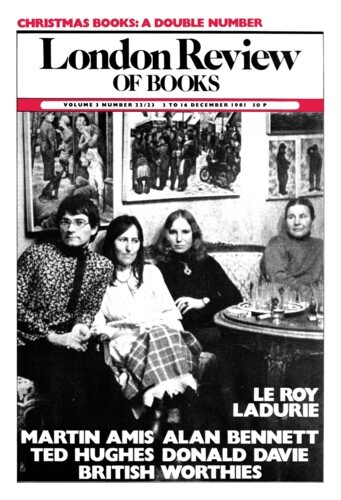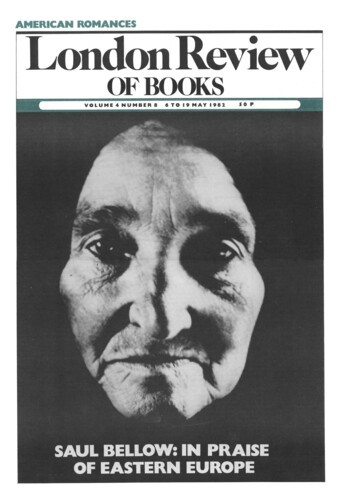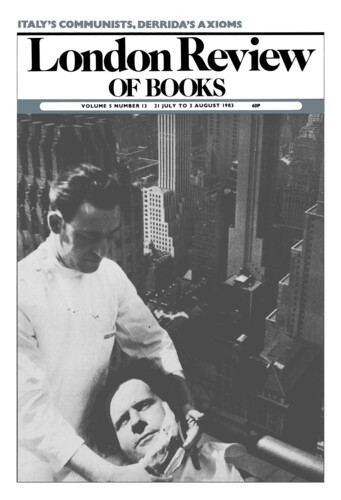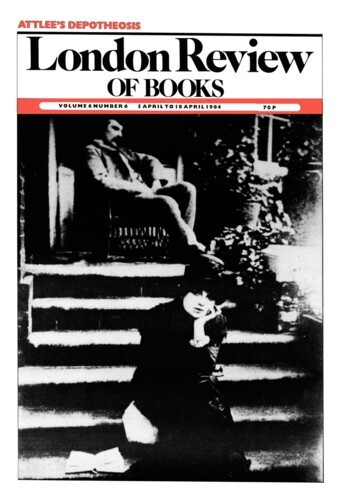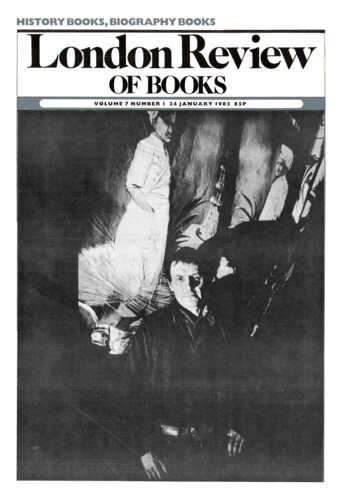Lord Randolph’s Coming-Out
Paul Addison, 3 December 1981
Lord Randolph Churchill has many claims to fame and some to notoriety. His marriage to Jennie Jerome pioneered a series of matches between British aristocrats and American heiresses: the beginning of a special relationship of significance in the next century, if not in his own. He entered politics and rose to power between 1880 and 1885 as a master of opposition tactics both inside and outside the House of Commons. Waging a spectacular war on two fronts, he attacked the Gladstone Government and his own Front Bench with equal vigour. His barnstorming tours of the country and constant manipulation of the press marked him out as a new species of demagogue appealing to the mass electorate created by successive Reform Acts, and his career as an agitator reached its climax with his call to the Protestants of Ulster to resist Home Rule by force: ‘Ulster will fight; Ulster will be right.’ The reward was office and power, but not for long. Like a sudden flame his ministerial career burnt itself out within eighteen months, extinguished by a rash miscalculation while he was still only 37. Given a normal life-span he might well have restored his fortunes, but his fate was to perish slowly and humiliatingly of a disease that was almost certainly syphilis.
